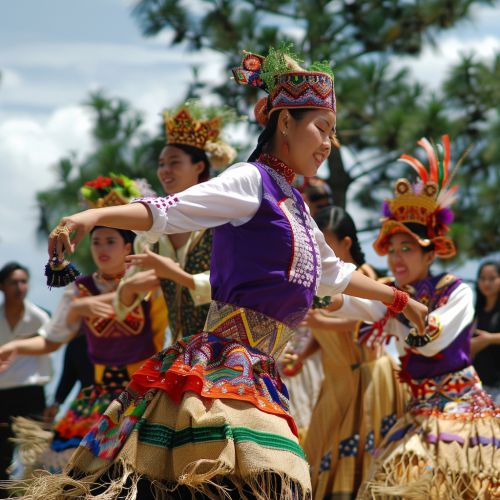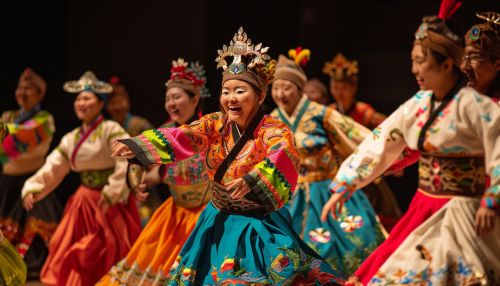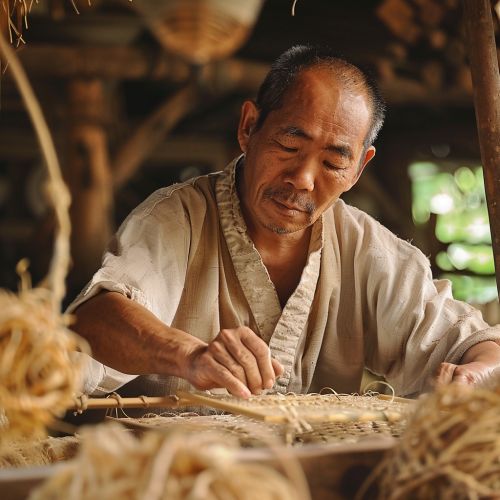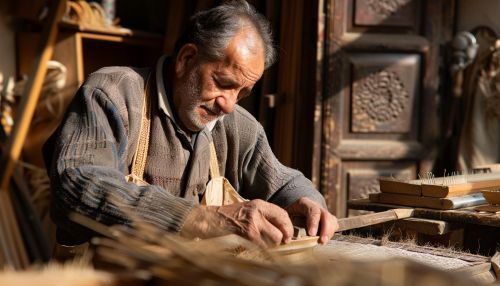Intangible Cultural Heritage
Definition and Overview
Intangible Cultural Heritage (ICH) refers to the practices, representations, expressions, knowledge, and skills that communities, groups, and, in some cases, individuals recognize as part of their cultural heritage. Unlike tangible cultural heritage, which includes physical artifacts and structures, ICH is often transmitted from generation to generation and is constantly recreated by communities and groups in response to their environment, their interaction with nature, and their history.


ICH is manifested in domains including oral traditions, performing arts, social practices, rituals, festive events, knowledge and practices concerning nature and the universe, and traditional craftsmanship. It provides communities with a sense of identity and continuity, promoting respect for cultural diversity and human creativity.
History and Development
The concept of ICH emerged in the late 20th century, as a reaction to the Western emphasis on material aspects of culture. The term was first used in the UNESCO Convention for the Safeguarding of the Intangible Cultural Heritage in 2003, which defined and set guidelines for the protection and promotion of ICH.
Elements of Intangible Cultural Heritage
ICH is characterized by the following elements:
Oral Traditions and Expressions
Oral traditions and expressions include languages as a vehicle of the intangible cultural heritage, stories, epics, legends, poetry, riddles, and other forms of oral literature.
Performing Arts
Performing arts encompass traditional music, dance, and theatre. These forms of expression are among the most visible and vibrant elements of ICH.
Social Practices, Rituals, and Festive Events
Social practices, rituals, and festive events involve community participation and represent the collective values of a community. They include birth and wedding ceremonies, funerals, agricultural rituals, and national and regional celebrations.
Knowledge and Practices Concerning Nature and the Universe
This domain of ICH includes traditional ecological knowledge, such as agricultural and fishing techniques, as well as cosmological beliefs and rituals related to natural phenomena.
Traditional Craftsmanship
Traditional craftsmanship involves skills and techniques in producing traditional crafts, such as pottery, weaving, metalworking, and woodcarving. These crafts often carry cultural significance beyond their practical use.
Safeguarding Intangible Cultural Heritage
Safeguarding ICH involves ensuring the viability of the ICH, including the identification, documentation, research, preservation, protection, promotion, enhancement, transmission, and revitalization of this heritage in the face of mounting challenges, such as globalization and social transformation.


UNESCO plays a crucial role in safeguarding ICH through its Convention for the Safeguarding of the Intangible Cultural Heritage. The Convention encourages countries to identify, document, and safeguard their ICH. It also established the Representative List of the Intangible Cultural Heritage of Humanity and the List of Intangible Cultural Heritage in Need of Urgent Safeguarding.
Challenges and Controversies
While the recognition and safeguarding of ICH have been widely embraced, there are also challenges and controversies. These include the risk of commodification of ICH for tourism, the potential for cultural appropriation, the difficulty of defining and delimiting ICH, and the tension between safeguarding ICH and respecting human rights.
Conclusion
ICH is a vital component of cultural heritage that reflects the diversity and creativity of human cultures. While it faces challenges, efforts to recognize and safeguard ICH contribute to the promotion of cultural diversity, social cohesion, and sustainable development.
